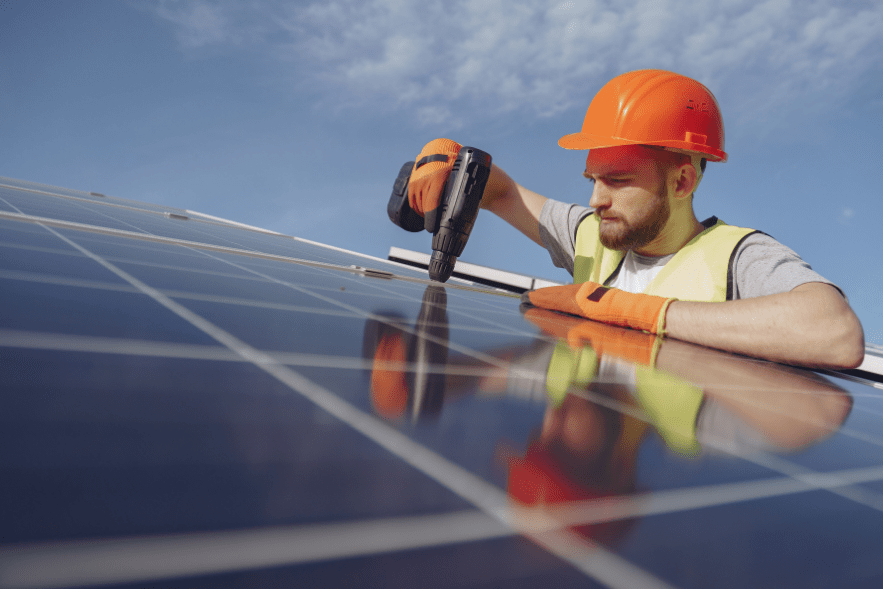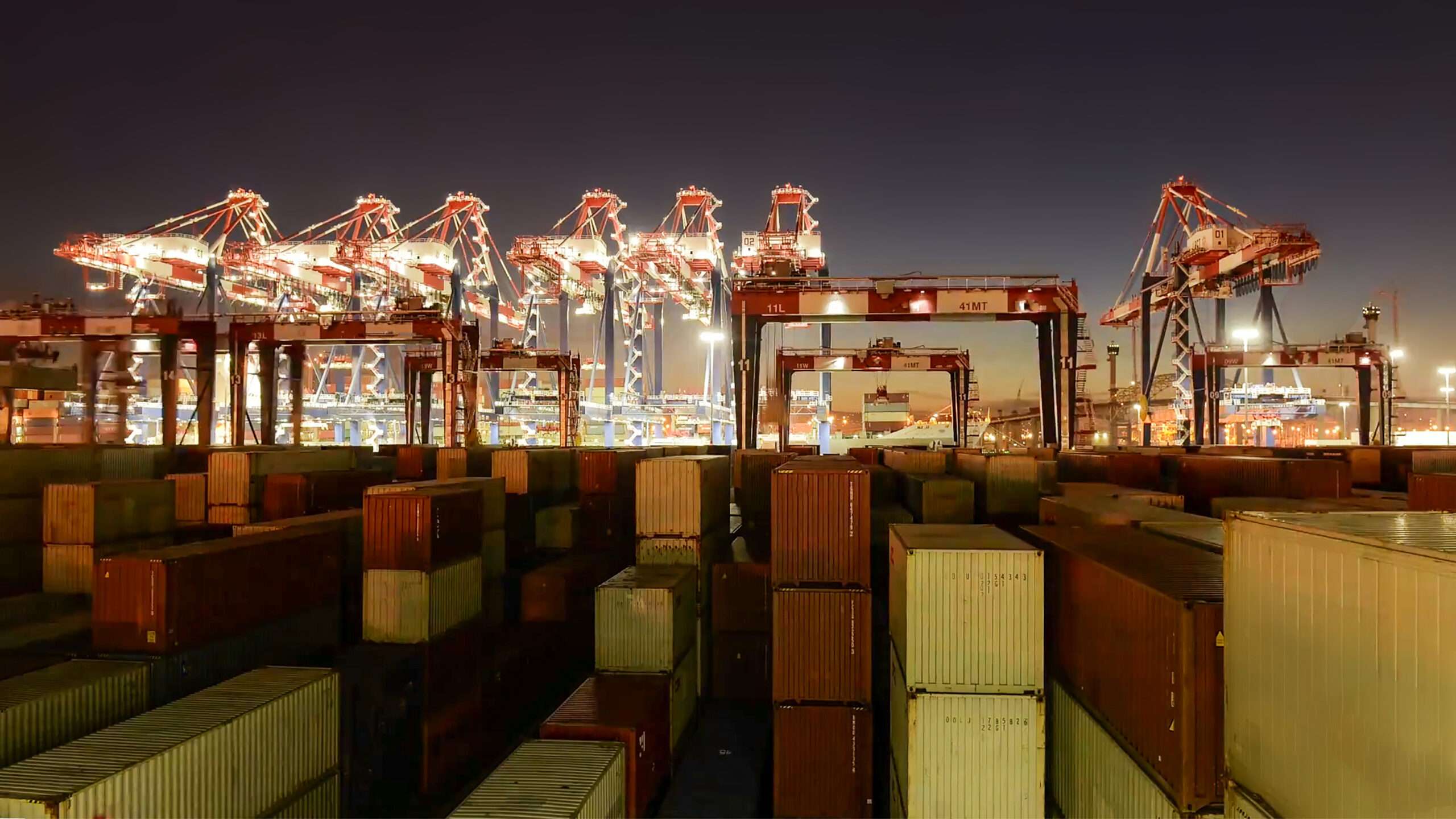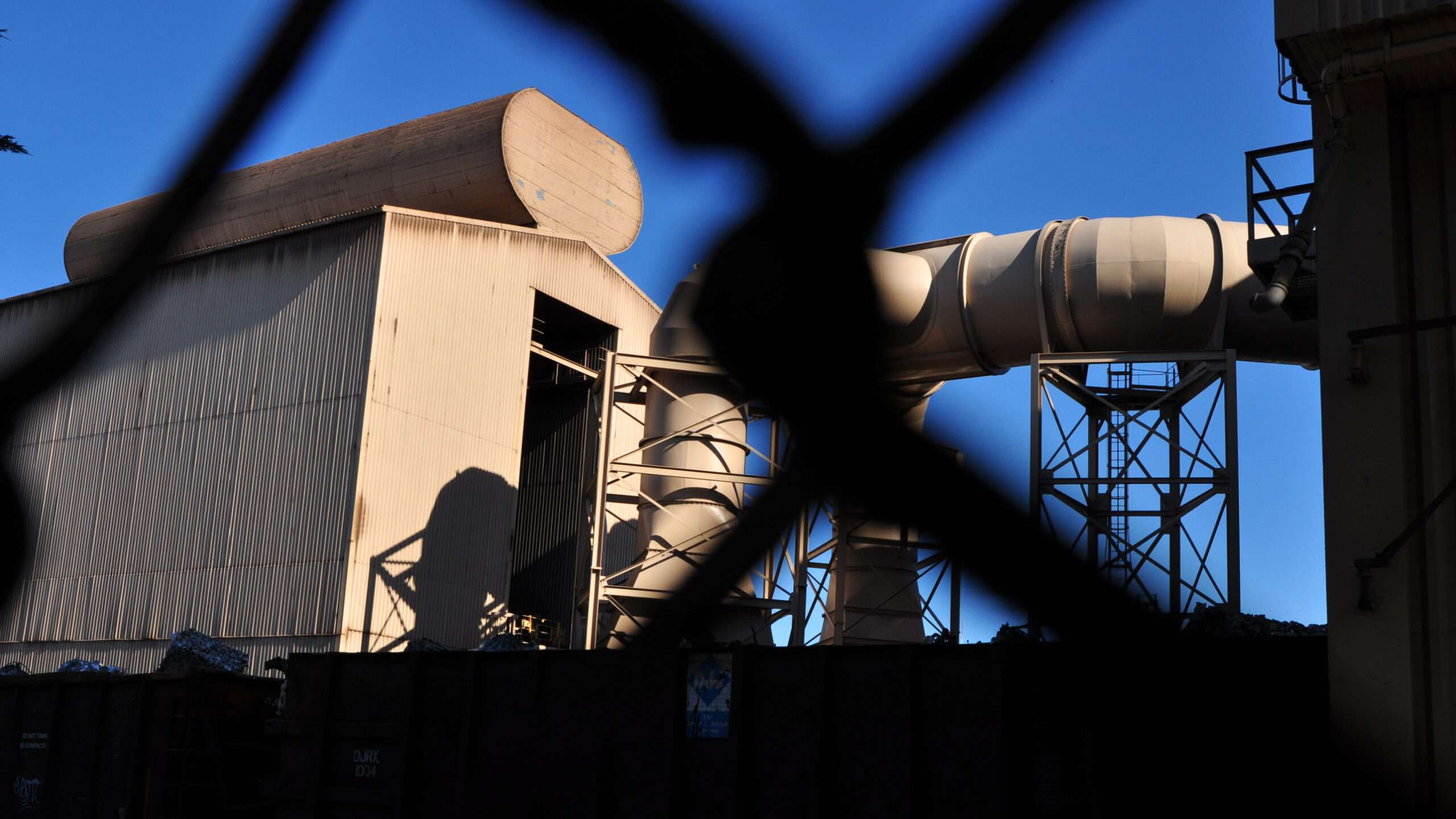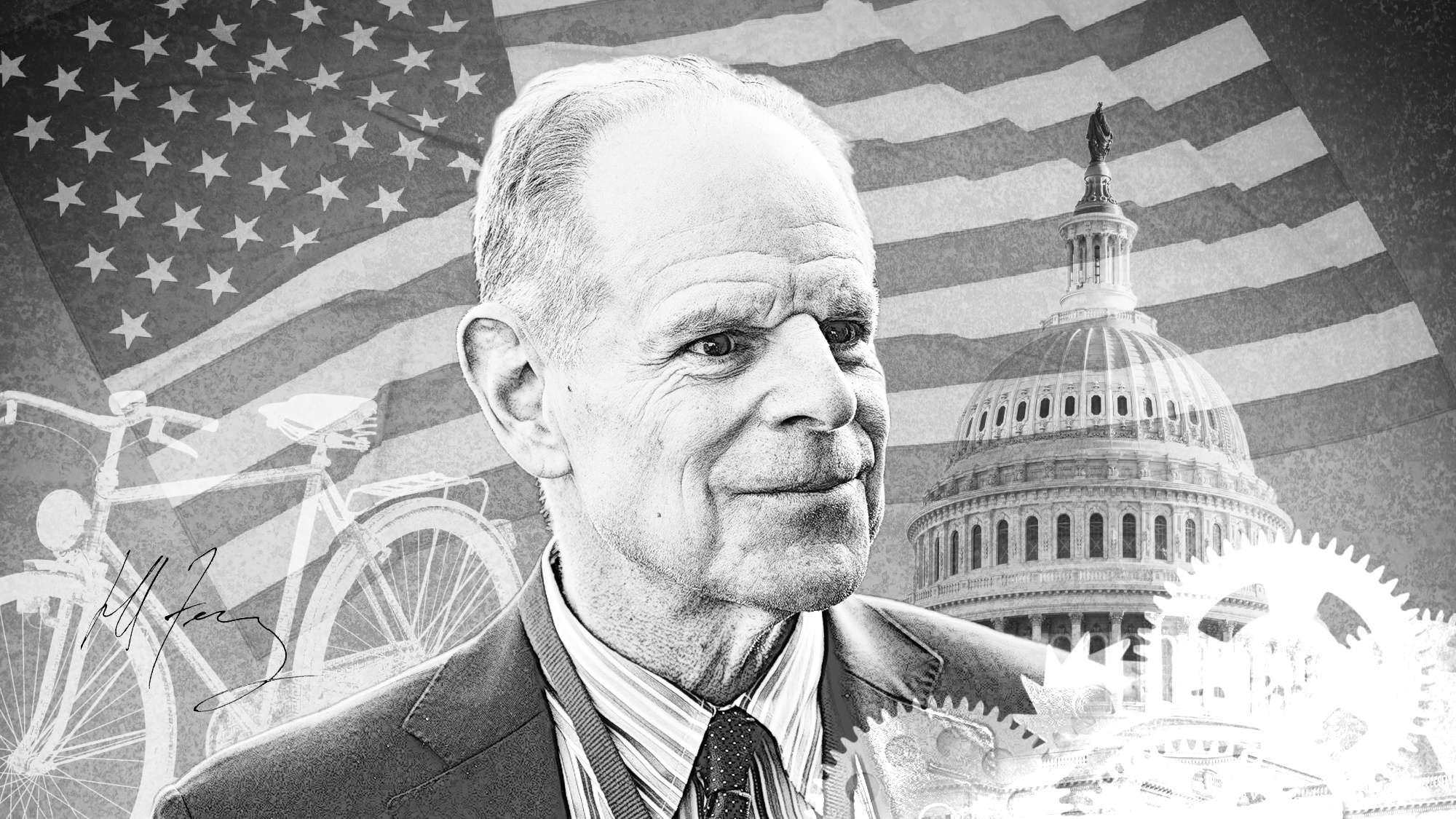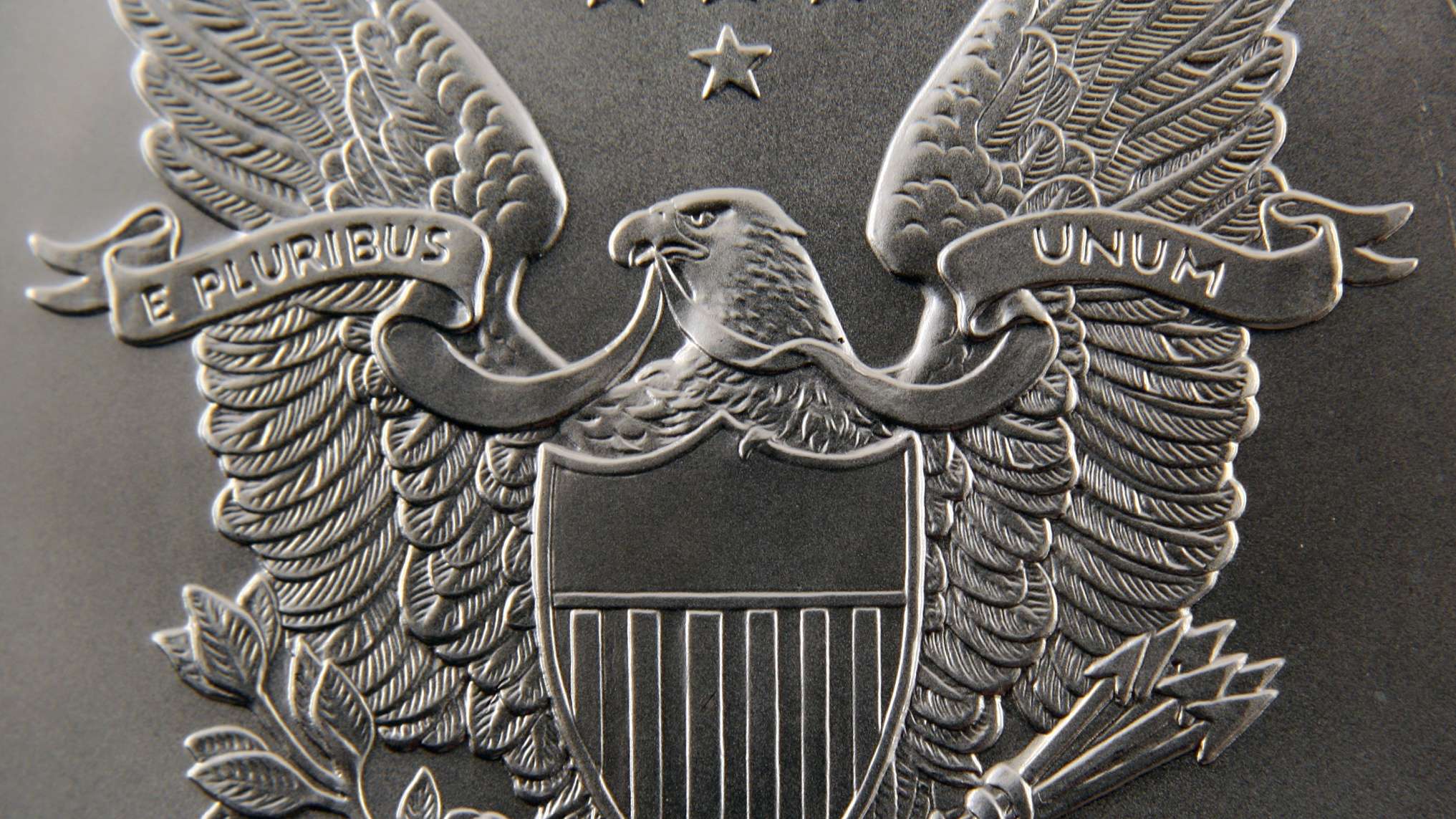Thirty years ago, Clint Eastwood held a gun to his rival’s head and asked the question: “Do you feel lucky, punk?”
That is what the Chinese solar manufacturers are doing today, with President Biden at the other end of that Magnum 44 six-shooter.
On March 28th, Biden’s Commerce Department decided to pursue an anti-circumvention case against solar panel makers located in Southeast Asia. The case, filed by U.S. solar panel maker Auxin Solar, alleges that those Asian panel-makers are merely vehicles for Chinese panel-makers to circumvent earlier anti-dumping rulings by doing a minimum of work to solar material that actually originates in China.
Since that Commerce Department decision, solar shipments from Southeast Asia to the U.S. have slowed down significantly. It now emerges that the slowdown is orchestrated by the Chinese-owned solar panel-makers, in an effort to drive a showdown inside the Biden administration and scare the administration into backing down on the investigation and likely subsequent tariffs.
On Thursday, Kirk Crews, chief financial officer of Florida solar installer NextEra, explained to investors that the Chinese solar installers have forced this decision onto the U.S. installer industry. “Given that a number of suppliers are not expected to ship panels to the U.S. until the Commerce Department makes a preliminary determination – as late as August – we continue to expect some of our solar projects will be impacted by this delay,” Crews said.
This view of events—that Chinese exporters are driving the slowdown in shipments into the U.S.—is further verified by another statement from a different group of installers. A letter from more than 50 small solar installers made it clear that the Chinese exporters are withholding solar panels from the U.S. market. The letter said:
“The manufacturers exporting from the countries named in the petition will not ship us the CSPV modules we’ve ordered…The petition has created an insurmountable barrier to our small businesses receiving the CSPV modules our customers (farmers, homeowners, LMI renters, schools, hospitals, municipalities, nonprofits, etc.) are relying on us to install for them.”
The SEIA lobbying group for the solar installer industry, which includes Chinese solar panel manufacturers among its membership, has tried to position the slowdown into the U.S. as the result of installer fears over a tariff, but the reality is that the Chinese exporters based in Southeast Asia, including three of the largest Chinese solar makers, Jinko, Longi, and Trina, are playing a cold-blooded game of chicken with the Biden administration. They are gambling that by stopping exports into the U.S. for several months they will create such fear among the climate advocates in the administration that the administration will cave in and abandon the anti-circumvention suit.
That would be a tragedy. The U.S. already has a domestic solar panel industry that can provide some 10%-20% of its needs today. This industry can scale up quickly and indeed, is already scaling up aggressively. The existing Section 201 tariffs, implemented by the Trump administration and recently renewed by the Biden administration, have been essential in giving U.S. solar manufacturers the confidence to invest in their businesses. If the anti-circumvention case goes forward, it is likely to end with additional tariffs in the 20%-40% range on panels coming out of Southeast Asia (and not the 200%+ that have been claimed by some alarmists in the installer lobby).
This comprehensive set of tariffs will provide further confidence to the U.S. solar industry. In addition to existing large U.S. manufacturers, there are several others with ambitious expansion plans. Leading manufacturer Q Cells has already invested in a polysilicon plant in eastern Washington, and has committed to expanding that feedstock for solar cells.
Auxin Solar too has ambitious plans to expand its business. The founders of Auxin include veterans of top Silicon Valley companies like Intel and Sun Microsystems. They bring the sort of entrepreneurial drive and spirit of innovation the solar industry needs. In upstate New York, Convalt Energy is now building a new solar panel manufacturing facility. Founded by financial entrepreneur Harry Achuthan, Convalt also brings entrepreneurial spirit. Convalt’s plant is slated to open by year-end and reach full capacity of 900 megawatts soon after. Swiss technology company Meyer Burger is also looking for a site for a solar panel plant.
The Chinese solar industry is like many Chinese industries: its only innovation strategy consists of deploying giant scale, government-subsidized energy and forced labor to drive down costs. If renewable energy and solar power are to be America’s future, we will need technological breakthroughs. We won’t get those from China. We WILL get those from the innovations that will come from western companies, western universities, and genuine international competition.
Depending on Chinese Forced Labor and Dirty Polysilicon is Pure Folly
The climate activists who are willing to mortgage America’s future to the Chinese solar industry are foolish in multiple ways. First of all, it is morally repugnant to rely on an industry that uses forced labor, as the Chinese solar industry does in its polysilicon plants in Xinjiang. The State Department has labeled China’s policy in Xinjiang as genocide.
Secondly, it would be a huge strategic error to allow an industry as important as solar power to be reliant on one country’s exports, when that country is controlled by a Communist Party that could easily exploit U.S. dependence in any future confrontation. Our dependence on Mideastern oil in the 1970s led to the most severe recession and economic upheaval since 1945. After learning that lesson, to choose today to make ourselves dependent on Chinese energy supplies would be incredibly foolhardy.
Finally, it makes no sense for America to embrace renewable energy by buying solar panels made from Chinese polysilicon which has been manufactured with coal-powered electricity. On top of that, those solar panels are traveling to the U.S. on container ships that are burning the world’s dirtiest oil-based fuel. With every solar panel that travels here from Asia, we are creating tons of harmful emissions. It starts over China or over the Pacific but it affects the entire world. A sane climate-aware energy policy is simply to manufacture the panels here, using energy-efficient, socially-acceptable western standards.
The Biden administration must support the anti-circumvention case as part of a fully-fledged policy to support the creation of a completely autonomous U.S. renewable energy industry, from the silicon we mine out of the ground to the finished product.



